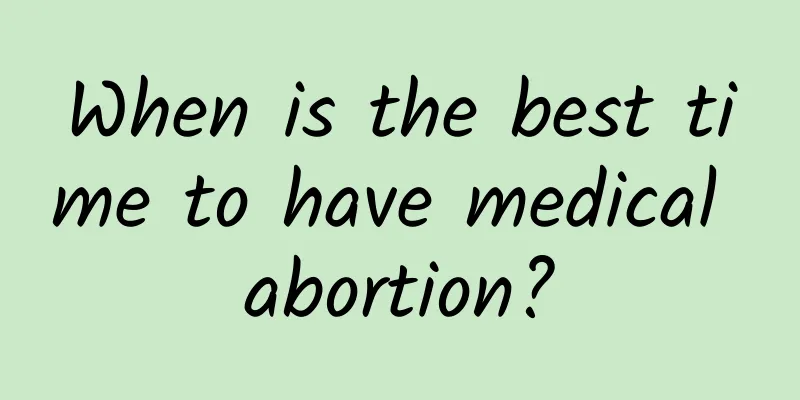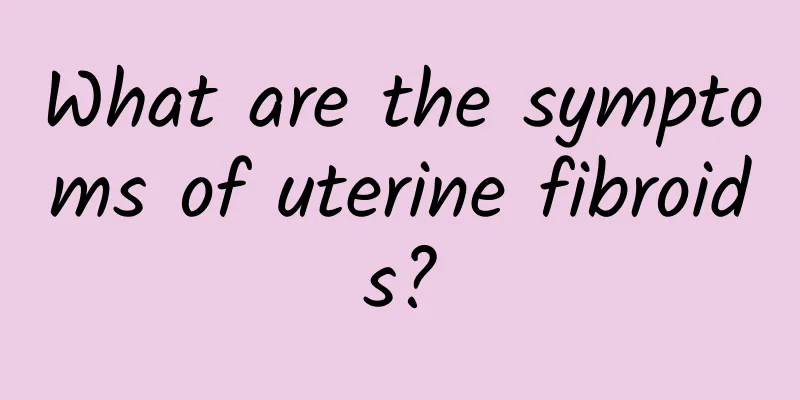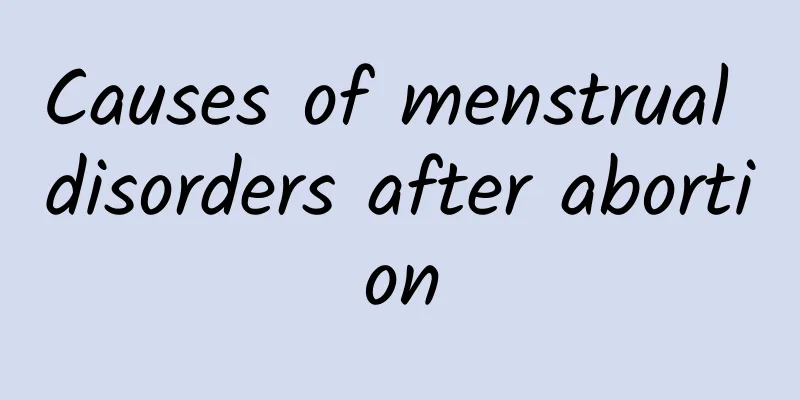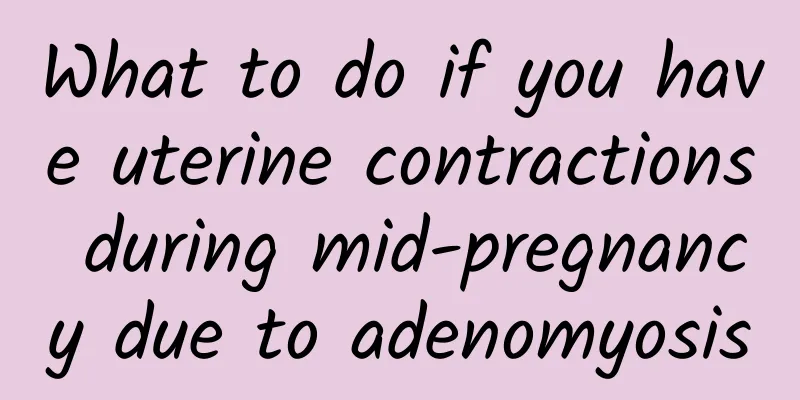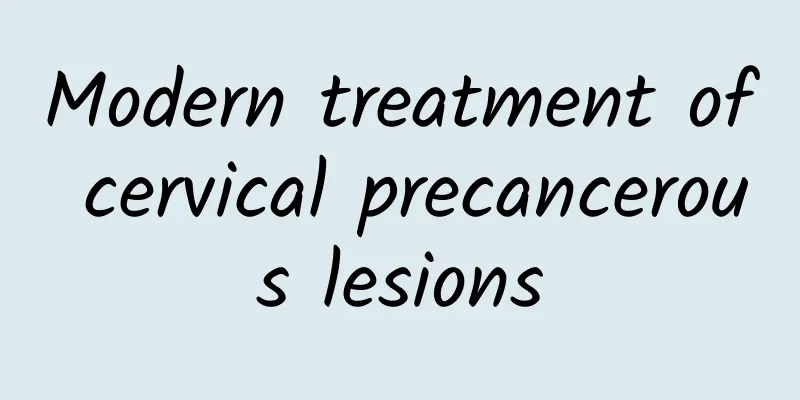Can I get pregnant with an ovarian cyst?
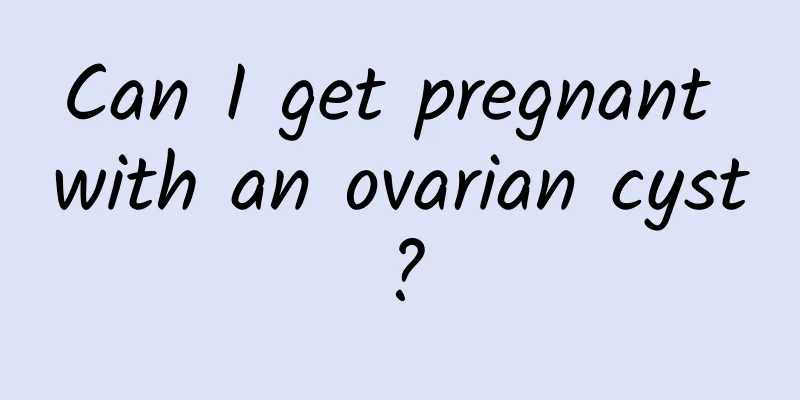
|
It is possible to get pregnant with ovarian cysts, but the specific situation needs to be evaluated based on the type, size and health of the cyst. Some cysts have little effect on pregnancy, while others may require treatment before trying to conceive. Ovarian cysts do not necessarily lead to infertility, but if they seriously affect ovarian function or are combined with other problems, it may affect the chance of pregnancy. Ovarian cysts are a common benign lesion, which can be divided into functional cysts and pathological cysts according to their nature. Functional cysts, such as corpus luteum cysts and follicular cysts, are usually related to the cyclical activity of the ovaries, and most of them will disappear naturally and will not affect pregnancy. Pathological cysts, including chocolate cysts (endometriosis cysts) and teratomas, may require treatment if they are larger than 5 cm or complicated by infection, torsion, etc. If ovarian cysts compress normal ovarian tissue or hinder hormone secretion, they will reduce the quality of ovulation and even cause reproductive difficulties. In order to avoid rupture or torsion of cysts during pregnancy, especially large cysts or symptomatic cysts, doctors may recommend preoperative treatment to reduce the risk. In some cases, such as mild chocolate cysts, endometriosis can be suppressed by drugs or pregnancy can be planned after the cysts are reduced; for severe cysts, minimally invasive surgery such as laparoscopic cystectomy is a common treatment method. If the ovarian function is properly protected after surgery, the fertility of most women can be restored. Ovarian cysts are a common benign lesion, which can be divided into functional cysts and pathological cysts according to their nature. Functional cysts, such as corpus luteum cysts and follicular cysts, are usually related to the cyclical activity of the ovaries, and most of them will disappear naturally and will not affect pregnancy. Pathological cysts, including chocolate cysts (endometriosis cysts) and teratomas, may require treatment if they are larger than 5 cm or complicated by infection, torsion, etc. If ovarian cysts compress normal ovarian tissue or hinder hormone secretion, they will reduce the quality of ovulation and even cause reproductive difficulties. In order to avoid rupture or torsion of cysts during pregnancy, especially large cysts or symptomatic cysts, doctors may recommend preoperative treatment to reduce the risk. In some cases, such as mild chocolate cysts, endometriosis can be suppressed by drugs or pregnancy can be planned after the cysts are reduced; for severe cysts, minimally invasive surgery such as laparoscopic cystectomy is a common treatment method. If the ovarian function is properly protected after surgery, the fertility of most women can be restored. If you have been diagnosed with ovarian cysts and are planning to get pregnant, it is recommended to have regular obstetric and gynecological examinations and keep in touch with your doctor. Pay attention to adjusting your lifestyle, maintain a healthy diet, stay away from high-sugar and high-fat foods, increase dietary fiber such as whole grains and vegetables, exercise moderately, and maintain weight control to help stabilize hormone levels. Pay attention to psychological adjustment and avoid the impact of excessive anxiety on the endocrine system. If you are pregnant with a cyst, you need to closely observe the development of the fetus and be alert to complications related to cysts during pregnancy. |
<<: What are the typical symptoms of threatened miscarriage?
Recommend
Experts introduce the clinical symptoms of uterine fibroids
Uterine fibroids are a common gynecological tumor...
To prevent cervicitis, we need to grasp some details in life
For female friends, some carelessness in life may...
What are the causes of female vulva itching?
What is the cause of female vulvar itching? Femal...
Can color Doppler ultrasound detect ectopic pregnancy? Vaginal color Doppler ultrasound is more accurate
Ectopic pregnancy is something every pregnant wom...
The causes of cervical erosion always appear in life
In recent years, the incidence of cervical erosio...
Eat delicious cabbage to stay healthy without forgetting dietary taboos
Chinese cabbage Other names: cabbage, Chinese cab...
Poria cocos and plantain porridge can consolidate the therapeutic effect of adnexitis
The treatment principle of adnexitis is based on ...
What should women do if they have irregular menstruation? Eating more of these 4 foods is very beneficial for treating irregular menstruation.
Irregular menstruation is a common gynecological ...
How to regulate irregular menstruation in women
How to regulate irregular menstruation? Many wome...
What methods are needed clinically to check cervical warts
When it comes to cervical warts, everyone knows t...
What are the factors that cause ovarian cysts?
Ovarian cysts are not unfamiliar to women, but du...
What are the signs of a clean medical abortion and when is the best time to have one?
Medical abortion is a relatively simple way of ab...
Weight management after the autumn festival 2 kg weight gain 333
The end of the Mid-Autumn Festival holiday marks ...
How to Identify Pelvic Inflammatory Disease
How to identify pelvic inflammatory disease? Pelv...
How to treat ovarian cysts correctly?
The treatment of ovarian cysts is a very rigorous...
